In your mind, what kind of professional athletes are there? The most direct answer is to run hard in the game, play with strength, and achieve good results. But if a star player with the "top salary" halo is banned for 5 games and fined 100,000 yuan because of a momentary impulse to collide with the referee, does this mean that he has left behind his professionalism? On January 1st, Zhao Rui of Xinjiang Men's Basketball Team collided with the referee directly with his body due to dissatisfaction with the referee's decision in the game against Shandong Men's Basketball Team. A moment of anger and trouble-making operation was met with an uproar from the audience and an official iron fist - the penalty notice was sent directly to his face. This incident not only made him embarrassed but also dragged Xinjiang Men's Basketball Team's championship path into a ditch.
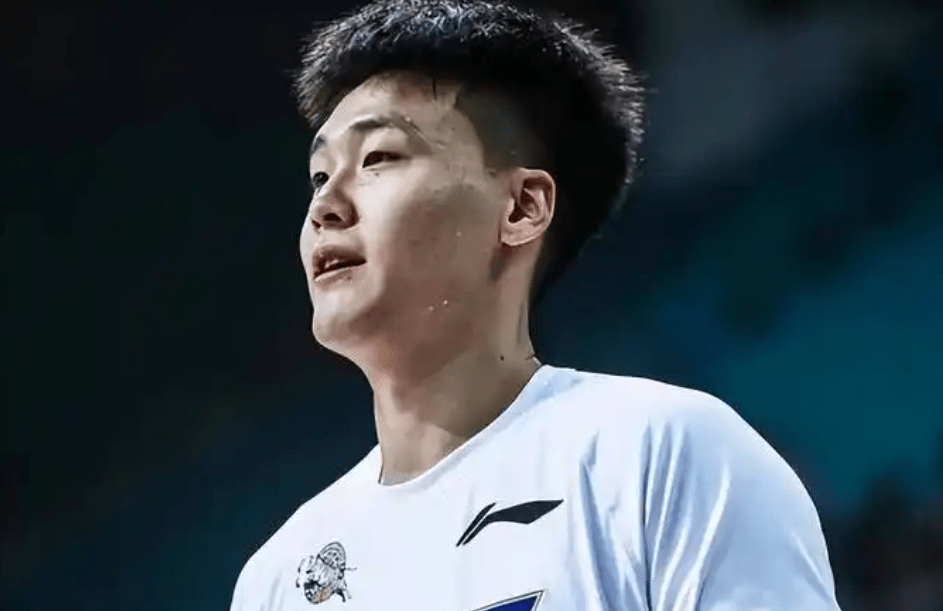
Zhao Rui's behavior immediately prompted Xinjiang Team to issue a statement accepting the punishment and launched a severe "ideological education" on him. Zhao Rui himself also posted a public apology on social media in an attempt to salvage his reputation. However, the anger of the fans is not so easy to calm down - after all, he was highly anticipated but "crashed upon launch," not only failing to demonstrate the value of a top-salary player but also adding significant trouble. In particular, Xinjiang Team's head coach Liu Wei and foreign aid Peterson were also involved, as they were issued warning letters by the CBA officials for making improper remarks during and after the game, demanding serious rectification. This series of actions makes people wonder: What exactly went wrong with Zhao Rui? Is the construction of professional ethics in the CBA still lacking?
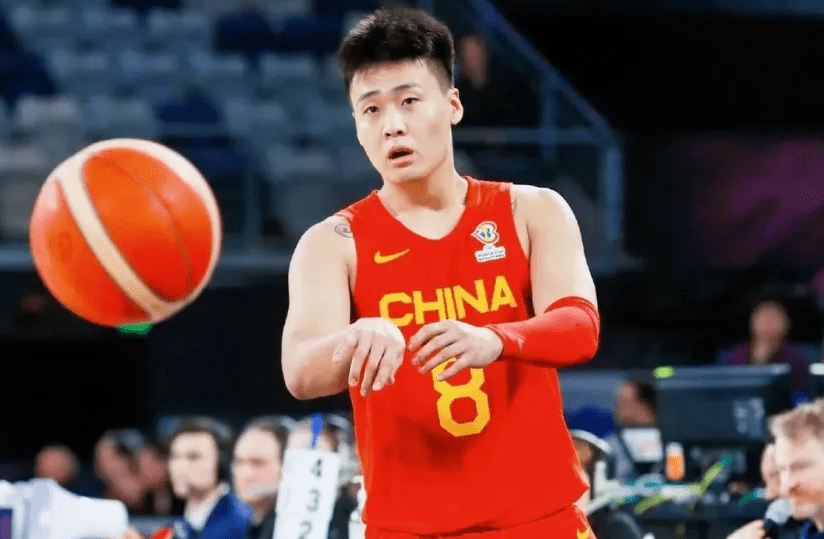
Speaking of Zhao Rui's abilities on the court, they are undoubtedly excellent. In terms of technique, he is the backbone of the national team's guards; in terms of mentality, he can shine in key matches. However, such a "powerful" player is always held back by emotional issues. This is not the first time Zhao Rui has been penalized for losing control of his emotions, and some even think that this behavior has become his "label." When he was playing for Guangdong Team, he repeatedly made headlines for arguing with opponents during games and being called for technical fouls. It is inevitable to speculate that Guangdong Team later traded Zhao Rui to Xinjiang, possibly related to his poor emotional management.
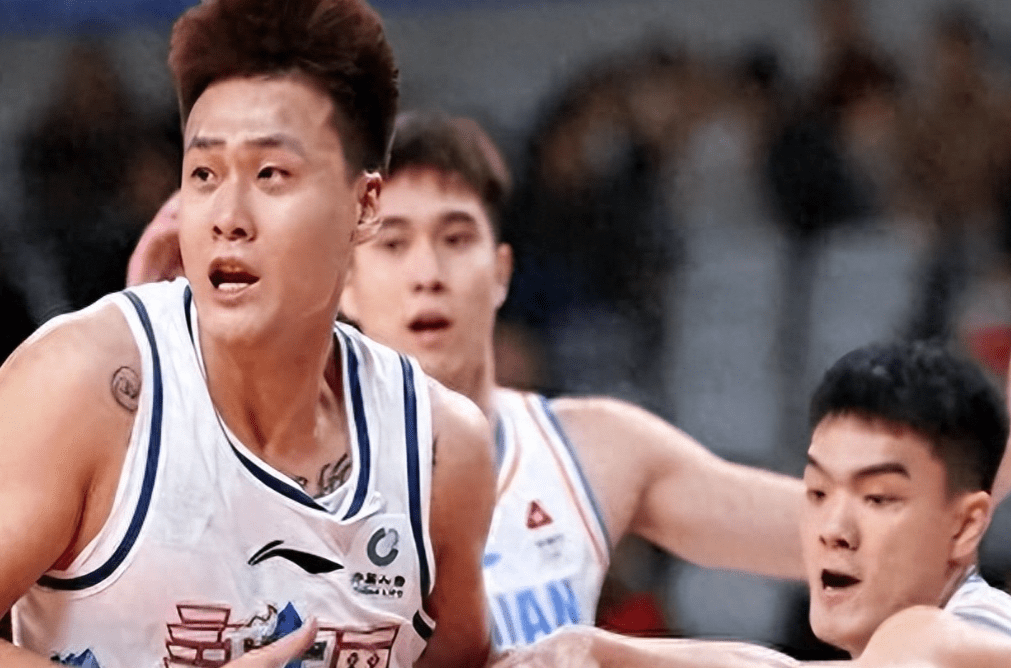
This collision with the referee can be seen as a reenactment of Zhao Rui's emotional problems over the years. The CBA's punishment towards him was merciless, but this "heavy blow" naturally also affected the situation of Xinjiang Men's Basketball Team. The absence of a pivotal player worsened their already unstable lineup configuration, turning their championship prospects into nothingness.
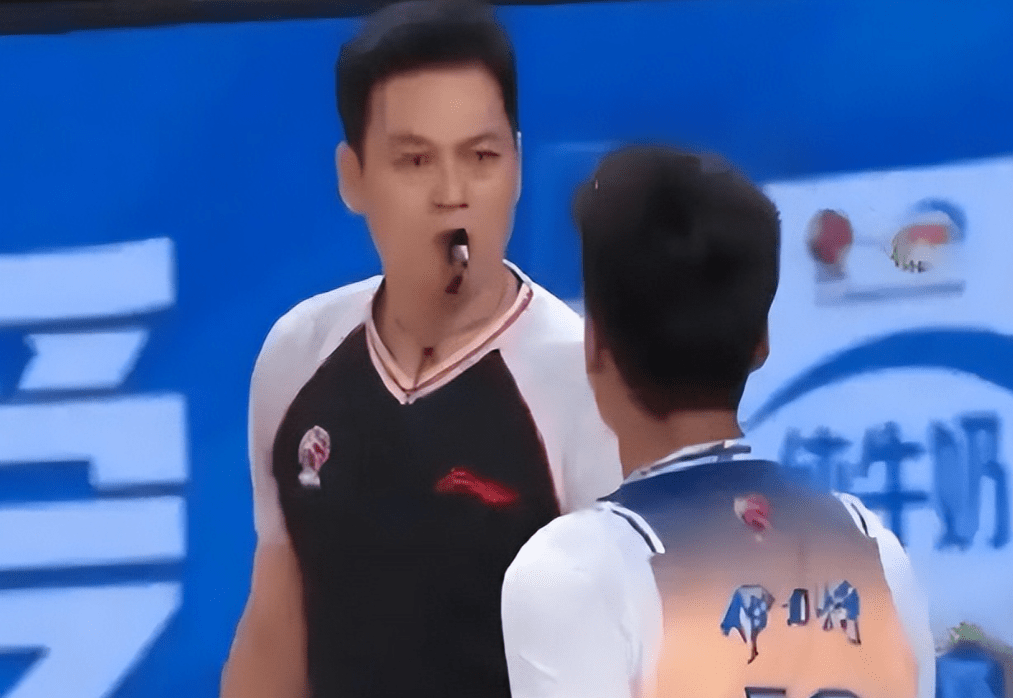
Afterwards, Zhao Rui realized that he had really stood at the center of controversy this time, so he chose to make a public apology to save some face. However, the fans' reactions were mixed. Some believed that he could admit his mistakes and change, with no problem with his attitude; others sneered at his apology, feeling that repeatedly "causing trouble and then apologizing" was meaningless. "No matter how well you play, you can't be so reckless," is the most straightforward complaint from many Xinjiang fans on social media platforms. No one wants to bear the burden of a top-salary player.

In fact, Zhao Rui's incident is not the first "collision" between players and referees in CBA history. Many similar conflicts have already become commonplace. Looking at it from the league's perspective, this reflects the comprehensive escalation of contradictions between referees and players.

As early as 2019, Guo Ailun of Liaoning Team lost control of his emotions on the court due to dissatisfaction with the referee's call, leading to a suspension; similarly, a foreign aid from Heilongjiang Team was expelled on the spot for纠缠裁判, and the team received a huge fine. It can be said that "referee controversies" have become an "annual buzzword" on the CBA court, and Zhao Rui's incident is its latest footnote.

These events all indicate that there is a long-term contradiction between CBA referees' law enforcement and player communication. Players' dissatisfaction sometimes stems from controversial calls, and other times from mental imbalances. In a sense, referees and players are like a pair of "loving enemies" who always have endless conflicts.
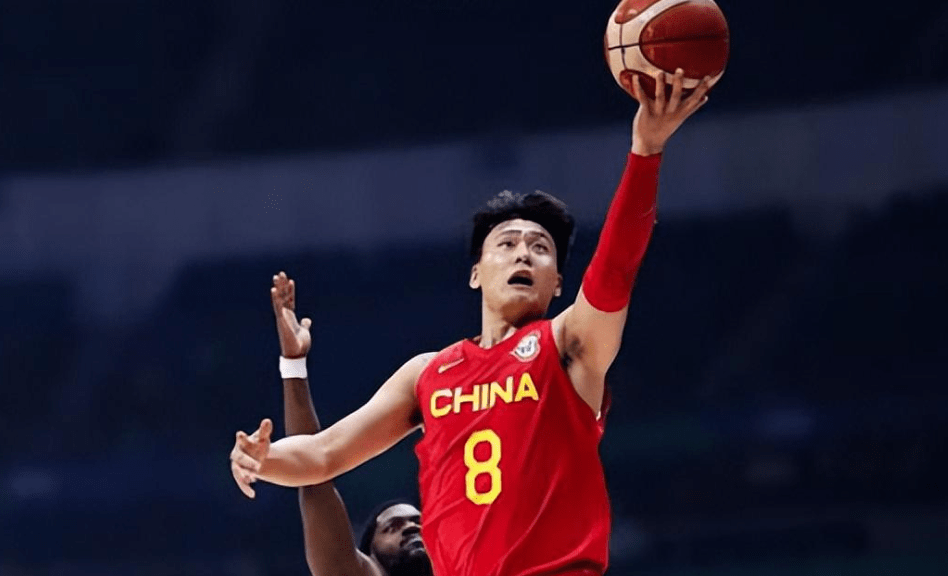
However, the problem is not just about refereeing and communication; it also reflects that the CBA still has a long way to go in terms of professionalization construction. Domestic referees' law enforcement standards are often criticized and questioned for not being international enough, and this flaw is often magnified by emotional players, leading to unnecessary conflicts. Zhao Rui's collision with the referee has gone beyond the scope of ordinary "refereeing controversies" and is a typical case of emotional outburst. This is not only his personal problem but also something the league management needs to deeply consider.
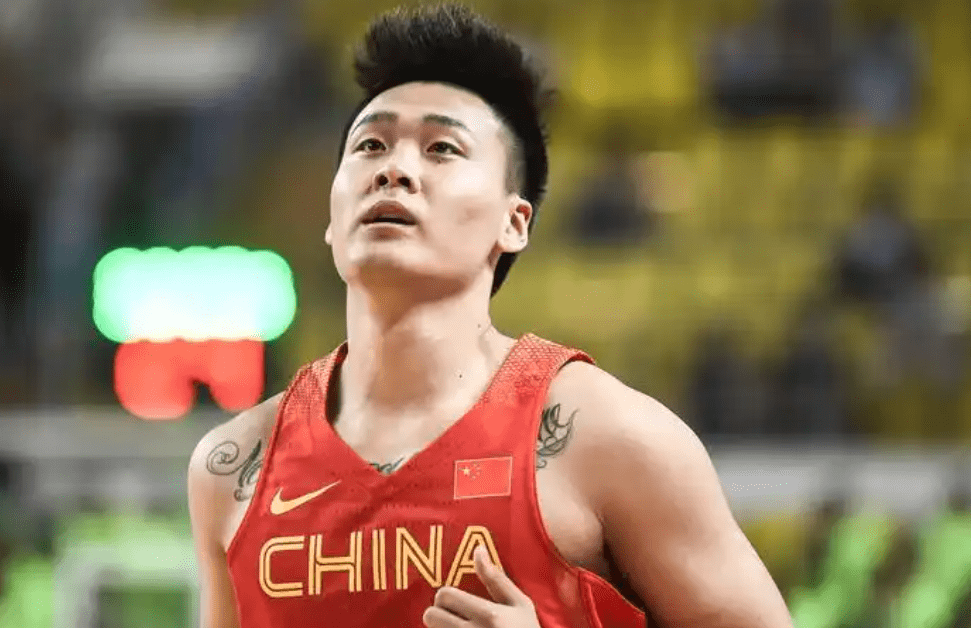
Zhao Rui's incident has put Xinjiang Team in a dilemma. As a traditional strong team that once lifted the championship trophy in 2017, Xinjiang Men's Basketball Team's championship pace has become increasingly difficult in recent years. Frequent changes in the lineup and long-term instability have gradually made this team lose its championship quality. Zhao Rui's joining once reignited the hopes of the fans, after all, with the peak Zhao Rui partnering with a group of potential newcomers, Xinjiang might be able to make another push for the peak. However, his frequent injuries and the current suspension turmoil have completely dashed this plan.
The moment the suspension and fine were announced, Xinjiang Team's head coach Liu Wei may have already started to worry. Without Zhao Rui, Xinjiang Men's Basketball Team's backcourt strength will be greatly weakened. Worse still, this failure has also led to increased criticism from fans regarding the team's management methods, believing that the team lacks sufficient restraint over its players. Not just Zhao Rui, there are comments pointing directly to the overly relaxed internal disciplinary construction of Xinjiang Team. Although harsh words, they are not without reason.
Zhao Rui's incident has once again shown us the challenges faced by the CBA league on the road to professionalization. In recent years, the CBA has focused on enhancing the overall league image, advocating for professional spirit, and calling on teams and players to speak with their abilities. However, from Zhao Rui's emotional behavior to the improper remarks by Xinjiang's coaches and foreign aids, it shows that there are obvious shortcomings in the construction of league discipline and professional ethics.
The league must continue to develop at a high level, not just looking at how many points someone scores or how impressive their physical qualities are; psychological quality and professional attitude are also key questions.
In the future, relying solely on fines to restrain players is clearly insufficient. The CBA needs to invest more in psychological guidance and vocational education, giving players a lesson on "mindset." At the same time, the refereeing ability also needs to be further improved to reduce controversies on the court, allowing players to focus on the game rather than emotional venting in a fairer environment.
From the instant conflict on the court to the long-term proposition of league management, Zhao Rui's incident is not an end but a beginning. The professionalization path of the CBA is like a tug-of-war, and only by truly settling down to make changes can it go far.